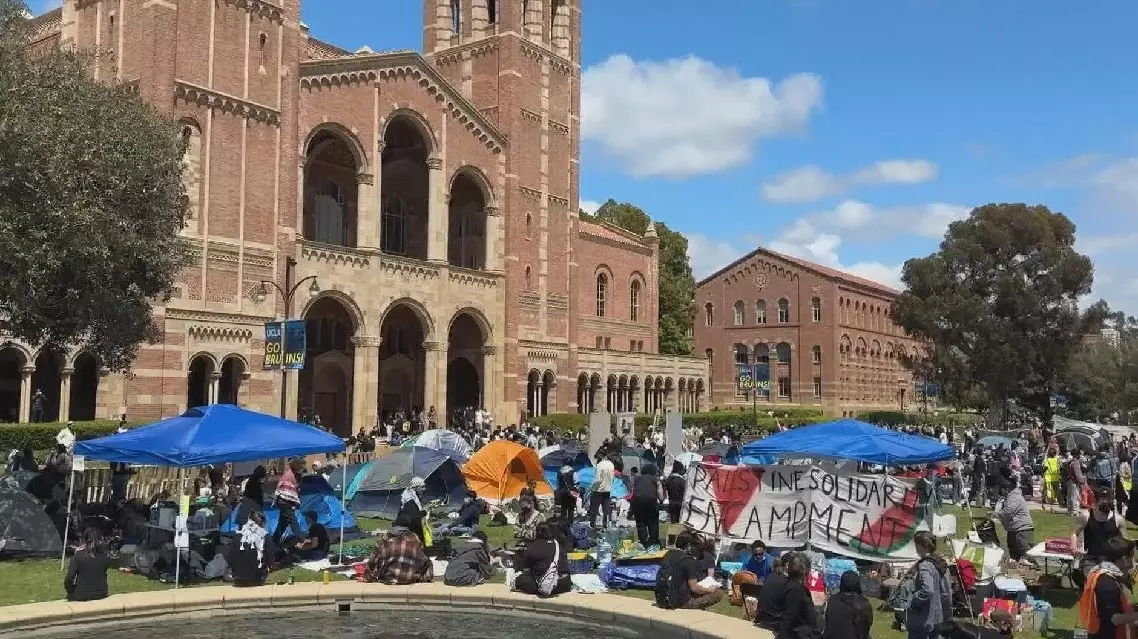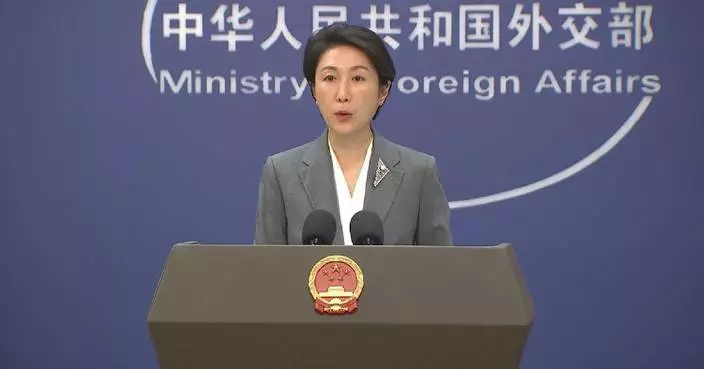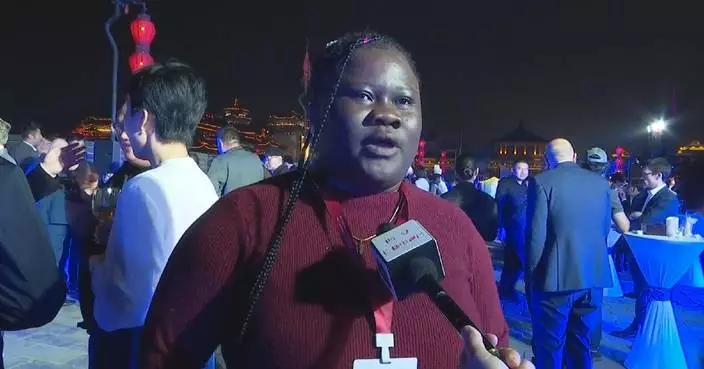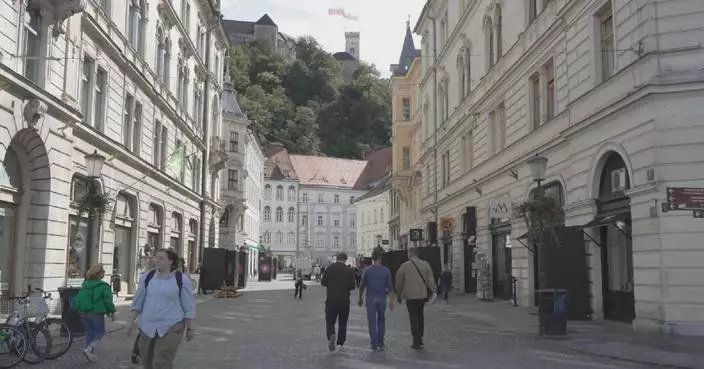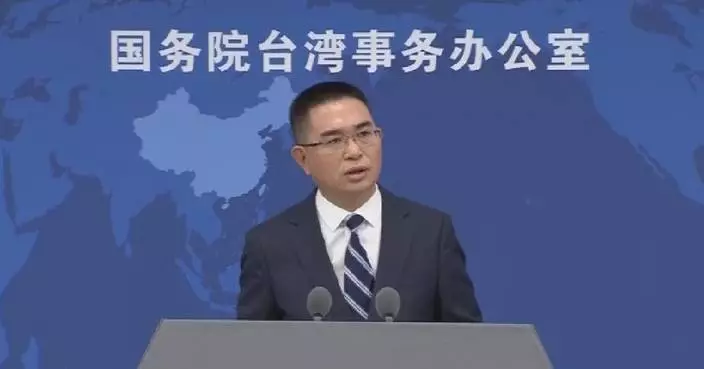Iran held a funeral on Tuesday for senior commander of the Islamic Revolution Guards Corps (IRGC) Abbas Nilforoushan, who was killed alongside Hezbollah leader Hassan Nasrallah in an Israeli airstrike in Lebanon late last month.
The funeral ceremony, held in Tehran's Imam Hossein Square, was attended by Nilforoushan's family, Iran's President Masoud Pezeshkian, Judiciary Chief Gholamhossein Mohseni-Ejei, IRGC's Chief Commander Hossein Salami, and Commander of IRGC Quds Force Esmaeil Qaani as well as other high-ranking officials and military commanders.
At around 08:20 local time, Nilforoushan's body was brought to the square, where it was greeted by citizens with flowers. Attendees waved flags of Iran, Hezbollah, and Palestine and held pictures of Iran's Supreme Leader Ali Khamenei, Nasrallah, and Nilforoushan, while chanting slogans against the United States and Israel.
Angry mourners condemned Israel's violence and above everything else, demanded the response from the international community.
"The international community has failed to perform its duties so far. The situation can't be any worse than it currently is," said Tehran resident Amir.
"We demand international organizations to help stop this war," said another resident Maryam.
Nilforoushan will be laid to rest in his hometown Isfahan on Thursday evening, according to the Iranian Students' News Agency.
Nilforoushan, 58, was killed on September 27 during a meeting with Nasrallah when Israel launched a large-scale targeted strike on Hezbollah's headquarters in Dahieh, a southern suburb of Beirut. It took days for rescue teams to discover his body under mountains of debris caused by the strike.
Prior to returning to Iran, Nilforoushan's body was first welcomed by his supporters in the Iraqi cities of Najaf and Karbala.
Nilforoushan had been serving as IRGC's deputy commander for operations since 2019. When confirming his death in a statement, the IRGC said he was serving as a "military adviser" in Lebanon.
Iran is now playing an active role in diplomatic efforts and negotiations with regional players.
"We have clearly said several times that the Islamic Republic [of Iran] is not seeking any further escalation of tensions. However, we are not afraid of war. We are fully prepared," Iranian Foreign Minister Abbas Araqchi told reporters.
While a war of words continues between Tehran and Tel Aviv, the Iranian people are still waiting to see how serious a possible Israeli response would be to Iran's October 1st barrage of missiles, the largest direct attack Iran has ever mounted against Israel.
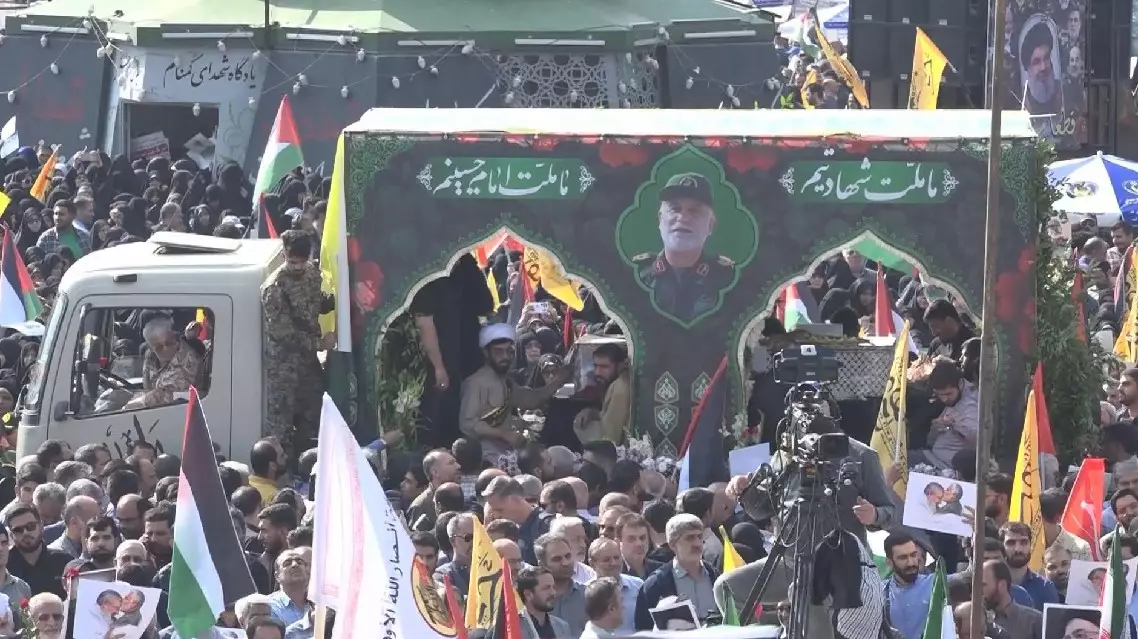
Iran holds funeral for slain senior commander


